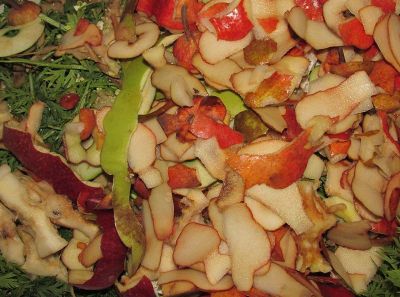
About one third of the food produced for humans globally is lost or wasted, leading to the squandering and depletion of natural and human resources. EU scientists are developing cost-efficient technologies to better manage food waste.
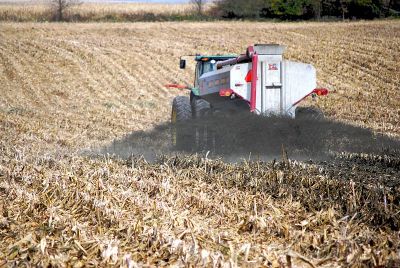
Researchers have investigated phosphate-transporting proteins in both plants and animals. Phosphate metabolism is key to modern agriculture.

Researchers have designed a new way to pasteurise honey without compromising its nutritional value or quality.
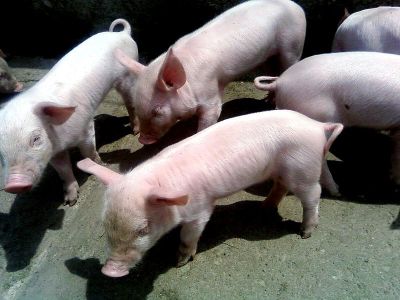
Understanding disease epidemiology is central for taking the appropriate intervention measures. A predictive model could significantly aid this process by evaluating the impact of various strategies of pig welfare.
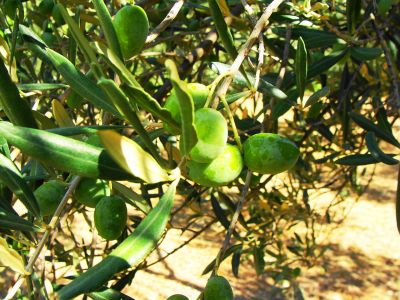
A soil fungus blight threatens the European olive industry. An EU project developed a device for quick assessment of samples, using DNA amplification and electrochemical methods, which helps contain outbreaks.
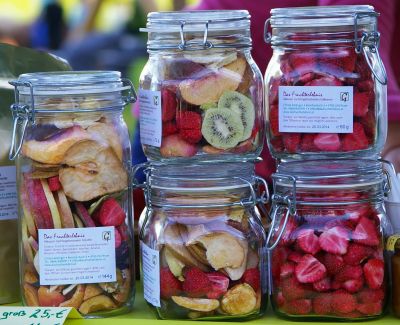
An EU-funded project explored alternative drying techniques for heat-sensitive foods. The new methods achieve faster drying times and reduced energy consumption.
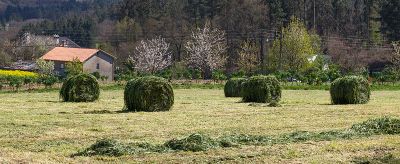
A multidisciplinary research consortium is taking inspiration from nature to convert agricultural waste biomass into useful industrial products using an environmentally friendly process.

Where does our food come from? How it is treated along the journey to our table? How does it affect us once we've eaten it? From the health impacts of obesity to hidden ingredients in our daily meals, questions about food concern us all.
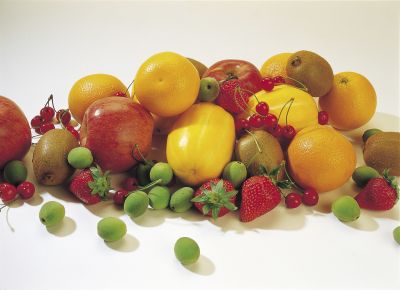
The issue of food safety has rocketed up the political agenda in recent years but despite huge improvements, some concerns and problems still persist. Fears about our food are moving away from issues about ensuring an adequate supply and choice of products towards matters of food safety, animal welfare, plant health and labelling and traceability.
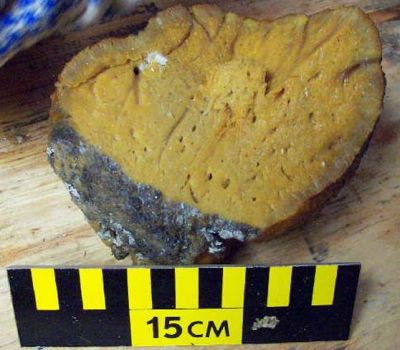
Sponges seem an unlikely source for innovation, yet they may hold the key to new nanotechnologies, innovative optical devices and new ways of regrowing human bone and preventing bone disease. Difficult to believe? Not for Werner E.G. Müller. In the BIOSILICA project, he and his team are developing ways to adapt the complex processes that natural glassy sponges use to build their wondrous biosilica structures for use in biodegradable implants that would facilitate bone healing after surgery or fractures.
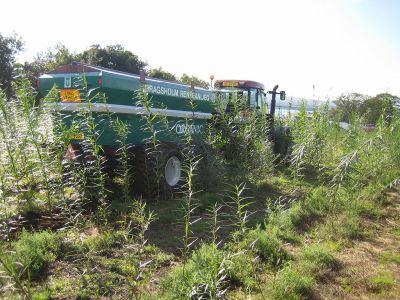
The use of biomass from plants as a renewable energy source is not new. Yet surprisingly, the net economic and environmental benefits of biomass energy exist only on paper. This is about to change thanks to an experimental tree plantation in East Flanders, where Professor Reinhart Ceulemans and his team are working to get the numbers needed for evidence-based decisions for future energy policies.
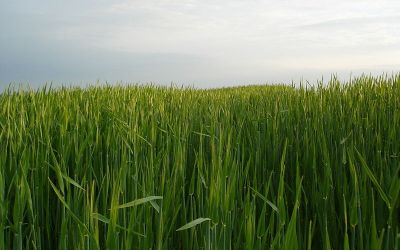
Almost 842 million people worldwide are chronically undernourished according to the Food and Agriculture Organization of the United Nations (FAO). The world faces huge challenges if it is to achieve food security for a global population predicted to reach 9 billion by 2050. With ERC help, Professor Malcolm Bennett of the UK’s University of Nottingham is trying to improve crop yields through better understanding of roots and the way they grow.
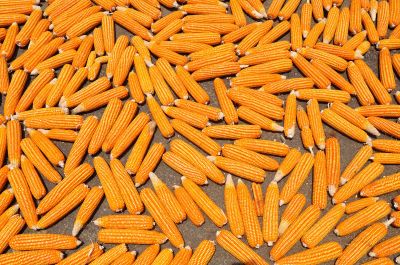
Rice, maize, soybeans and wheat are the main source of nutrients for over 2 billion people living in poor countries. But with climate change and the rising amount of CO2 in the air we breathe, their already low nutrient value compared to meat, for instance, is set to decrease.












